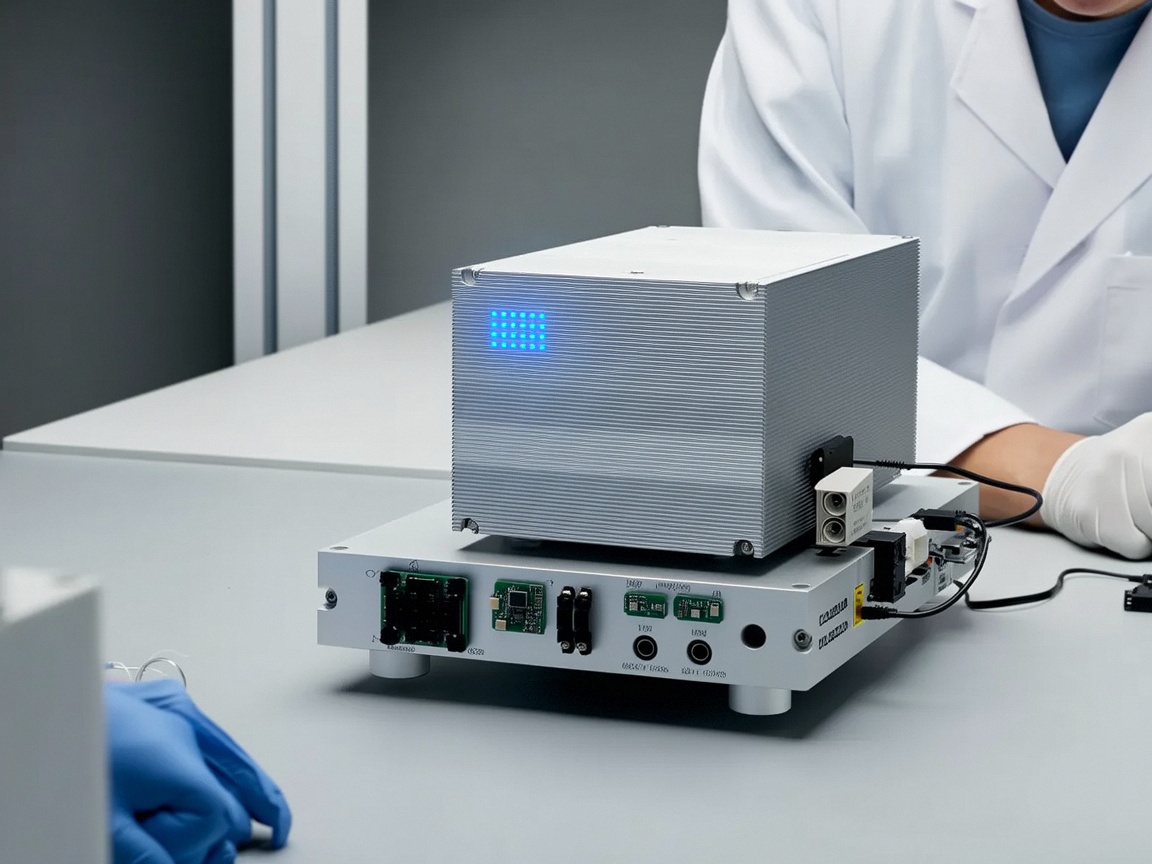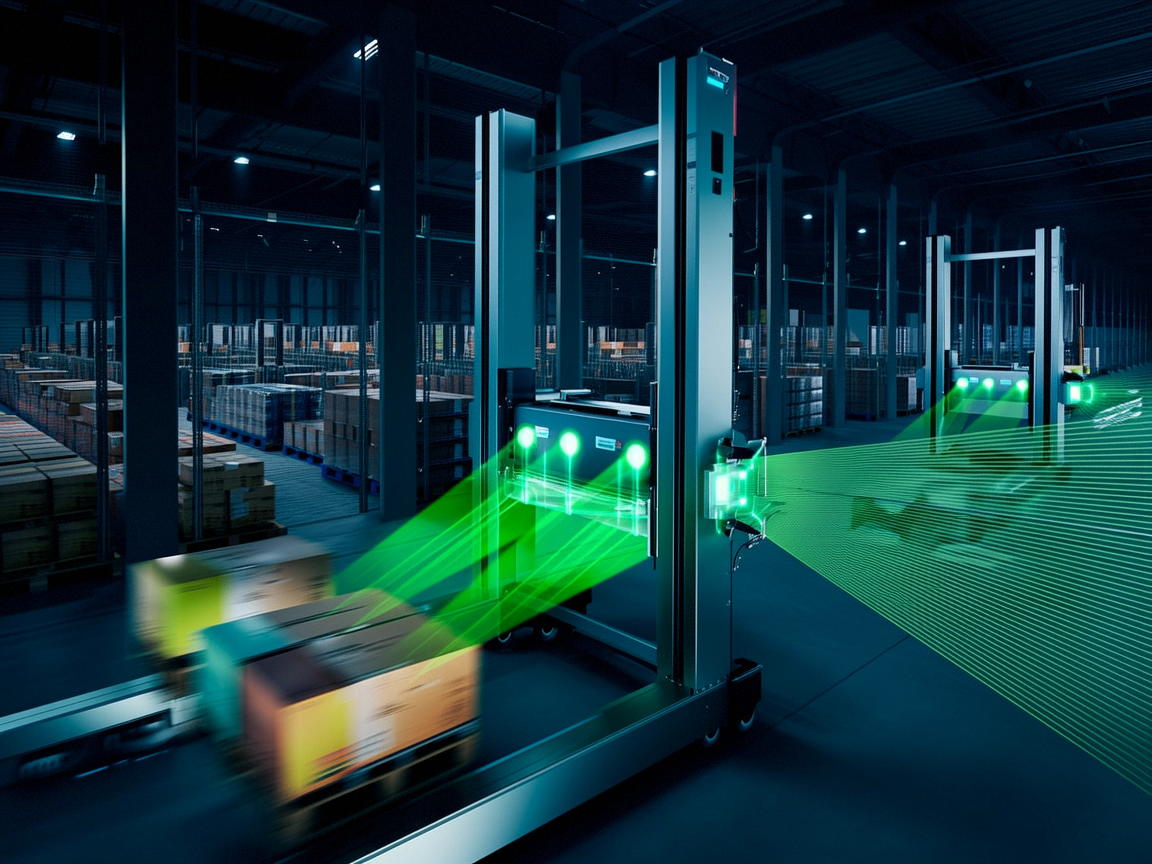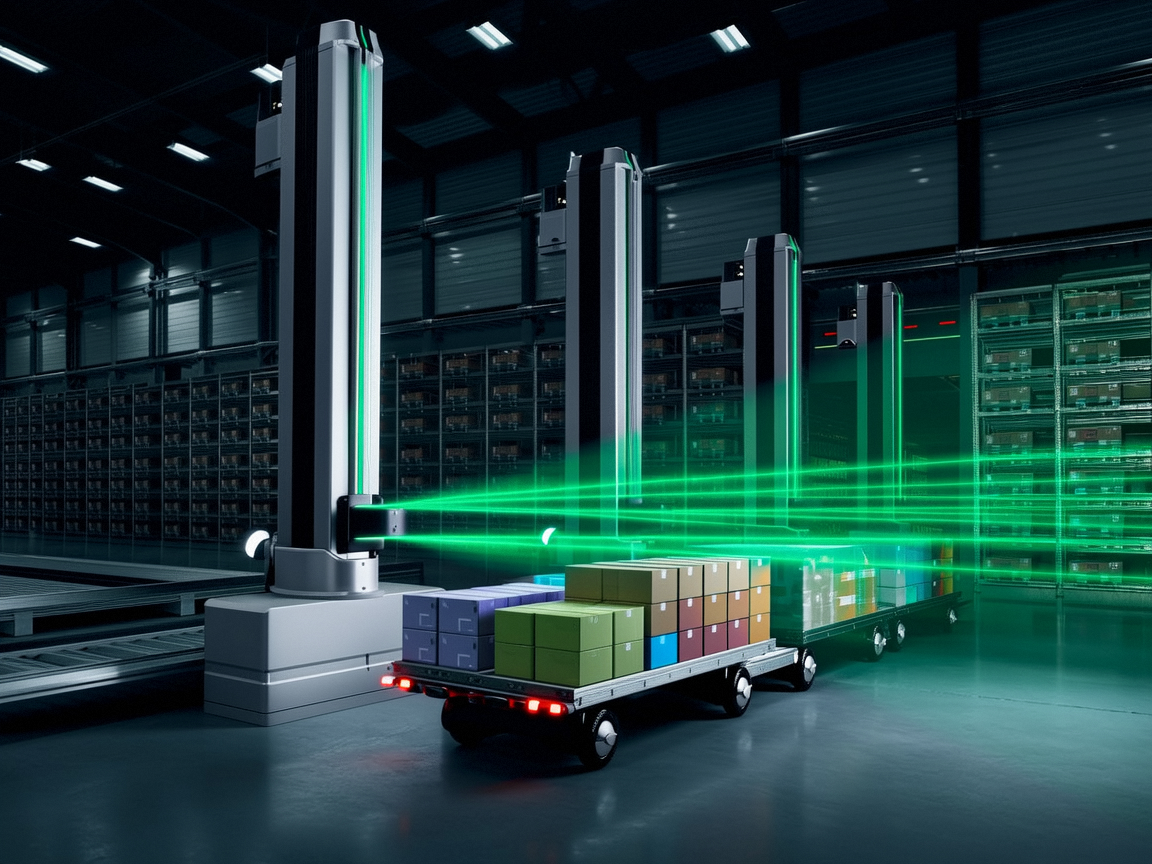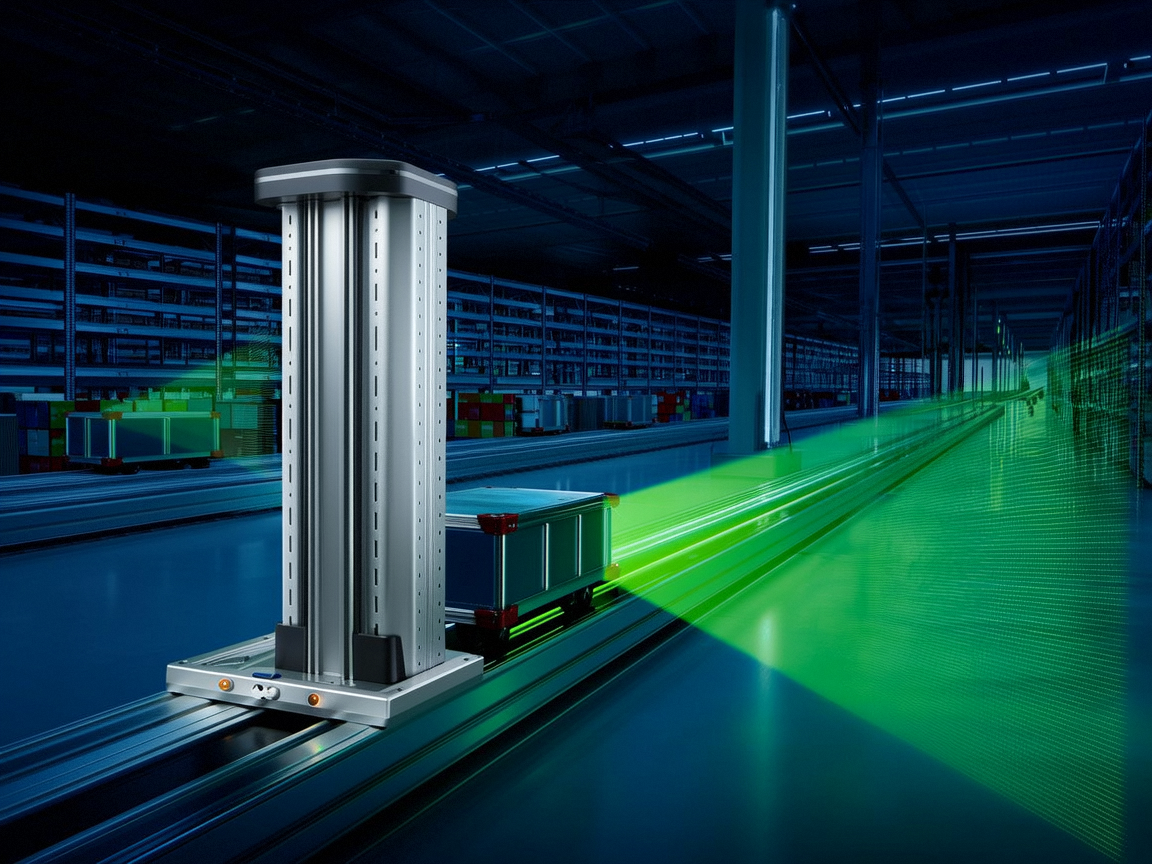Laser sensors are increasingly becoming important technological tools in various fields due to their high precision, high speed, and good adaptability in complex environments. With the development of industrial automation, intelligent manufacturing, autonomous driving, robots, drones and other technologies, the demand and application prospects of laser sensors have become even broader. The following are several important directions for the future prospects of laser sensors:

With the rapid development of autonomous driving technology, LiDAR, as a key sensor, has become one of the core technologies for achieving autonomous driving. The laser sensor can provide high-precision three-dimensional environment perception, and help the auto drive system identify the surrounding obstacles, pedestrians, road signs and other important information. In the future, with the popularization of autonomous driving technology, the demand for laser sensors will significantly increase and become an important component of intelligent transportation.
prospectThe rapid development of the autonomous driving industry has made the application prospects of laser sensors in the automotive field very broad. It is expected that the LiDAR market will experience explosive growth in the coming years.
In the field of industrial automation, laser sensors can be used for tasks such as object positioning, size measurement, and surface quality inspection. Compared with traditional contact sensors, laser sensors have higher measurement accuracy and stronger adaptability. Especially in high-precision production lines, intelligent manufacturing, and industrial robots, laser sensors can provide non-contact and accurate data, improving production efficiency and product quality.
prospectWith the advancement of intelligent manufacturing, the application of laser sensors in production lines, warehousing and logistics, quality inspection and other fields will continue to expand, and market demand will continue to grow.
Laser sensors are widely used in unmanned aerial vehicles (UAVs) and other unmanned systems, especially in terrain mapping, environmental scanning, precise navigation, and obstacle avoidance. Lidar can help drones obtain accurate 3D geographic information and environmental data, providing powerful technical support for fields such as geographic information systems (GIS), urban planning, and agricultural monitoring.
prospectWith the popularization of drone technology, the demand for laser sensors in industries such as agriculture, environmental monitoring, and mapping will continue to grow, becoming an important component of unmanned systems.
Laser sensors are also widely used in environmental monitoring and meteorological fields. For example, LiDAR can be used for monitoring atmospheric composition, collecting meteorological data, and studying climate change. In environmental protection work such as air pollution monitoring and forest fire detection, laser sensors can provide real-time and accurate data to help scientists and decision-makers analyze and make judgments.
prospectWith the increasing awareness of environmental protection and the growing severity of climate change issues, the application of laser sensors in environmental monitoring will become increasingly important, becoming an important tool for atmospheric and climate research.
The high precision and fast response capability of laser sensors make their application prospects in the fields of safety and protection very broad. Laser sensors can be used for intrusion detection, distance measurement, personnel tracking, hazardous area monitoring, and other purposes. For example, laser sensors can be used for monitoring personnel and objects in high security environments such as military camps, nuclear power plants, etc., to ensure safety.
prospectWith the increasing demand for security, laser sensors will play an important role in fields such as security monitoring and intrusion detection, especially in industries with high security requirements, where the market potential is enormous.
Laser sensors have also demonstrated extensive application potential in scientific research and medical fields. For example, in the biomedical field, laser sensors can be used for non-invasive health monitoring, such as blood glucose monitoring, cancer detection, etc. In scientific research, laser sensors are often used in experiments such as laser imaging and precision measurement.
prospectWith the continuous advancement of medical technology, the application of laser sensors in precision medicine, health monitoring, and biological research will become increasingly widespread.
With the continuous maturity of laser sensor technology and optimization of production processes, the cost of laser sensors is expected to further decrease. At the same time, the accuracy, speed, power consumption, and other performance of laser sensors will continue to improve, making them widely promoted in a wider range of application scenarios.
prospectThe reduction of costs and the continuous advancement of technology will promote the popularization of laser sensor applications, further expanding their application scope in various industries.
Laser sensors, especially LiDAR, as a high-precision, non-contact measurement tool, have broad application prospects. Laser sensors have shown strong market potential in fields such as autonomous driving, industrial automation, drones, environmental monitoring, safety protection, and medical health. With the continuous development of technology, the performance of laser sensors continues to improve and the cost gradually decreases. In the future, more industries will begin to apply this technology, promoting the improvement of intelligence and automation levels.




















Contact us feel free to call or write anytime, We will call you back soon!